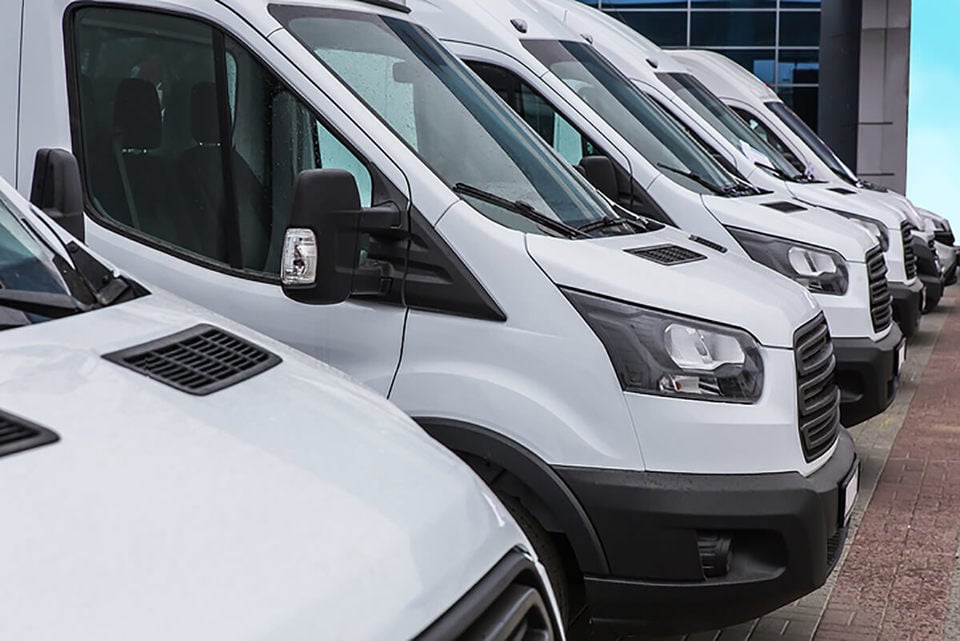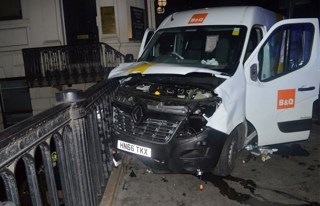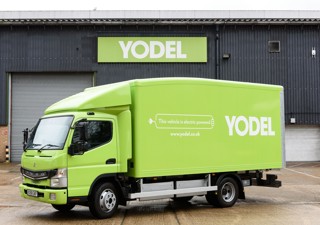Three quarters (76%) of commercial fleet drivers like training to deal with the threat of their vehicle being hijacked or stolen and used in a terrorist attack, new research suggests.
The survey, carried out by Fleet Source, also showed that more than half of drivers were shocked by the increase in frequency of ‘Vehicle as a Weapon’ (VAAW) attacks over the past 18 months.
Furthermore, the research revealed that 74% of drivers are being offered little to no training to assist them in protecting their vehicle against the risk of being taken for use in a terror attack.
The research comes as FORS, the Fleet Operator Recognition Scheme, launches a new ‘Security and counter terrorism’ online training resource, and fleet operators are warned that they could face a rise in daily rental prices this year as experts warn that insurance costs will increase in response to terror attack pay-outs.
“Following the recent major VAAW (Vehicle as a Weapon) incidents and with the UK being on a severe level of terrorist alert, we wanted to look at the industry’s views and opinions on the subject,” said Nick Caesari, managing director at Fleet Source, which recently launched its own ‘Terrorism Risk and Incident Prevention’ training for commercial fleet drivers.
“These incidents are very real, and the industry should be doing all they can to prevent drivers from being involved in these horrific events.”
The survey also revealed that ‘out of city’ operators are less concerned (42%) about their vehicles being taken for use in a terror attack than those who frequently drive in the city (64%), when the reality is, they are at the same level of risk.
Almost a fifth (17%) of drivers said they either didn’t have or didn’t know if they had a policy about allowing individuals/hitch hikers into their cab, and only 12% of respondents, when being stopped by the undercover police, would be totally confident in knowing that the person stopping them had the correct identification or the authority to ask them to leave their cab.
In addition, 24% of drivers said they didn’t have or didn’t know if they had a policy in place regarding the security of vehicles when doing drop-offs.
“This is a very serious matter, terrorists are opportunists and operators should consider implementing policies to prevent their drivers from allowing strangers into their cabs,” said Caesari. “For example, knowing what identification government authorities should be providing to be able to identify whether the individual is legitimate. Being educated on these policies can help protect drivers and the public from the risks of terrorism.”
The research also showed that only 15% of the respondents feel totally supported by the police in helping to protect them from having their vehicle used in a terrorist attack. With only 9% feeling totally supported by the DVSA, and only 7% totally supported by the Government.
“The reseach suggests drivers feel that authorities are not taking responsibility for the safety of the transport industry when it comes to the danger of terrorism. This is why we created Trip,” continued Caesari.
“Trip has been designed so that commercial fleet operators, managers and drivers can be educated on the risks of terrorism, the nature of the threats that they may face and a range of safety precautions they should implement to significantly reduce the possibilities of their vehicle being hijacked or stolen and used in a terrorist incident.



















Login to comment
Comments
No comments have been made yet.